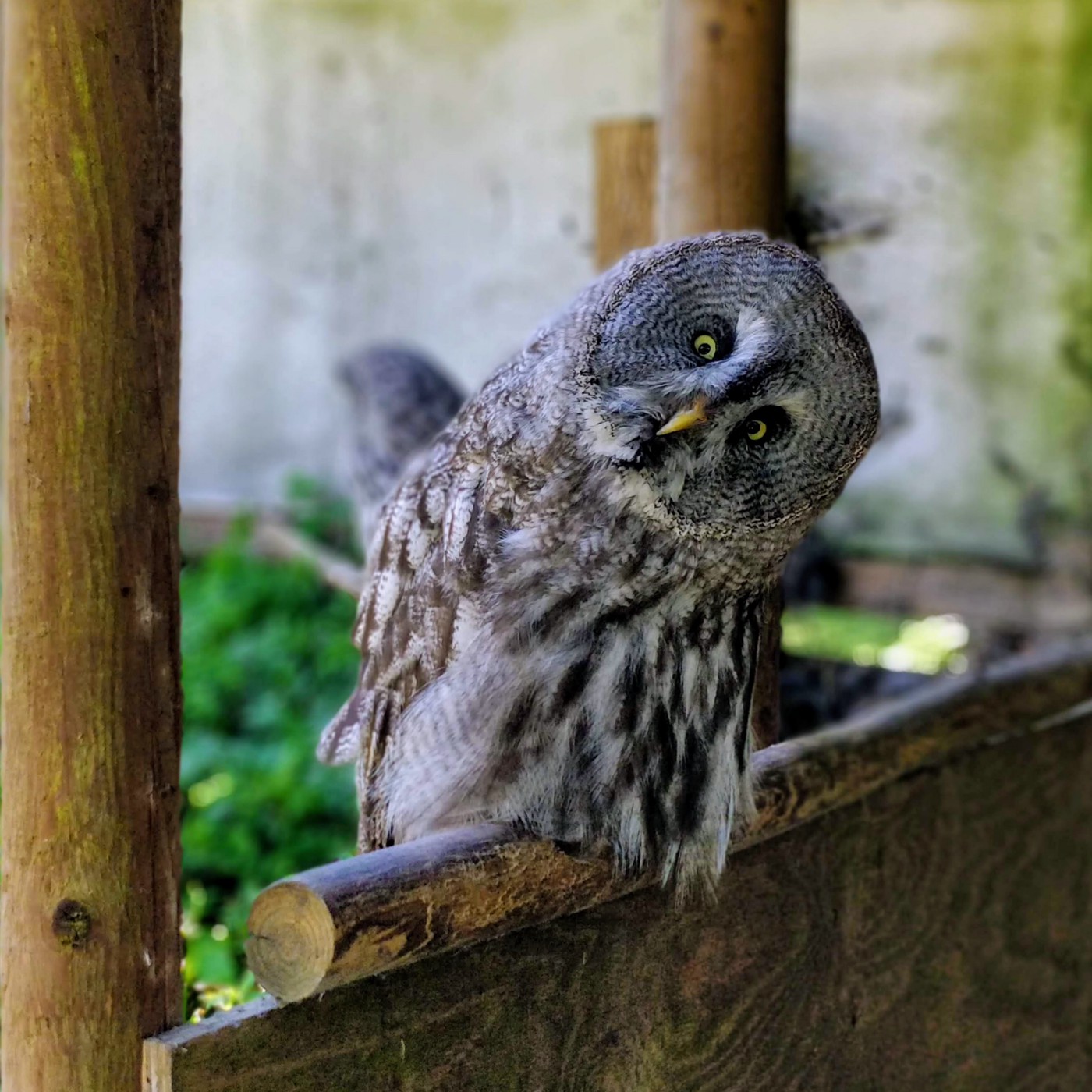It’s good to keep asking that question

Isn’t it fascinating just how much a situation changes, depending on whether judgement or curiosity is the lens I am looking through?
I Often quoted, it is one of my absolute favourites:
“Out beyond ideas of right and wrong there is a field. I’ll meet you there.” (Rumi)
When I imagine this field, I sense relief, peace, freedom, relaxation and spaciousness. That is quite similar to what I feel when I meet a situation with curiosity instead of judgement.
In my experience, there’s a beautiful opening that comes when I replace judgement with curiosity. It’s the shift from pushing something away or being closed off or ‘against’ something — to being open to it instead, going towards it, with genuine interest and inquisitiveness. The receptiveness in curiosity brings expansion, connection, openness and the greatly freeing experience of not having to be right!
When shifting from judgement to curiosity, my being expands and I feel possibility, ease and connection — just through being curious and through that open to what I encounter.
Judgement — the place of perceived safety and “I know”
When I am in judgement about something I think should be different than what it is, it can feel like I’m in a ‘room’ inside myself, labelled “I know. I’ve got it all figured out.” A small place inside my mind of perceived safety that my ego created and fenced off with ideas, conditioning and assumptions about life and how things should be (done). It feels safe because everything in this ‘room’ is known and knowledge suggests safety. At the same time, it is very limiting, just like staying inside our comfort zone is safe but limiting: learning and growth only happen outside my comfort zone, outside the known. Judgement can be limiting because I may be closed to newness or something being different than what I had thought and can bring stagnation and rigidity.
Judgement, on the other side of open-mindedness, opposes or wrongs things, people or behaviour. It tends to cause conflict because when in judgement I am ‘against’ something and push what I think is ‘wrong’ away; I see myself separate from it, behind my ‘walls’ of “I think I know”.
I don’t wish to judge judgement. Everything has its place, especially when chosen and practised consciously. It’s just good to be aware of and recognize when it may stand in our way, keeping us from staying open, receptive and ready to learn something new.
While we are alive, I believe it is important to keep all our matters of living life alive and keeping a possibility open to being curious about something and seeing something we have seen many times before, as if for the very first time, in this current context, means keeping things alive.
Curiosity — the place of learning and expansion
Just like the field in Rumi’s quote sounds so welcoming, being met with curiosity instead of judgement is welcoming. If I myself meet the world with curiosity, even practices and things unknown to me with a fresh view, free from any preconceived ideas, I am welcoming to life and what comes my way. I am ready to extend beyond my comfort zone, that which I think I know and open myself to the unknown, going towards it, in curiosity, so that I can learn from it.
Looking out from the place of curiosity, the world opens up and looks interesting and intriguing, leaving my heart and eyes full of wonder and interest. When I am curious I am receptive and open to connection, learning and surprises, and that alone feels so expansive and inspiring in my being.
Young children can teach us a lot about curiosity. They are instinctively open to learning everything they can (to know how to be and live here), and so they are naturally curious, receptive and interested. They do not have the idea of “I know”, they instead keep asking “why?” over and over again, to keep learning new things about their environment and being human.
In that “why?” lives open and innocent curiosity. And it is this curiosity that makes us learn and know more. Someone who knows that they do not know is wiser than the one who thinks he already knows.
We can return to this childlike curiosity and innocence as adults any time we choose, whenever we can peak through or open the curtains of accumulated ideas of how things should or should not be.
That field that Rumi speaks of clearly invites curiosity, the space beyond the ideas of right and wrong. The crux is really that it is our ideas of right and wrong, inside an imaginary room in our heads of “I know”. It is an idea, a theory. In practical living and the full, lovely ‘mess’ of humans being humans together (with triggers, shadows, stories, various lenses onto reality, …), ideas may have to stand aside for the truth that emerges from each lived moment.
